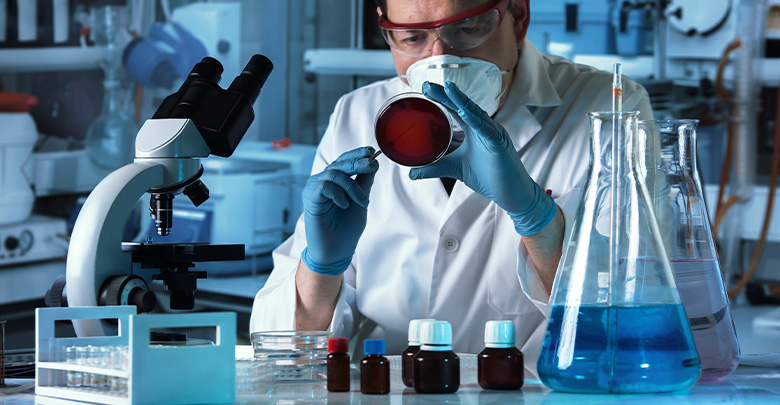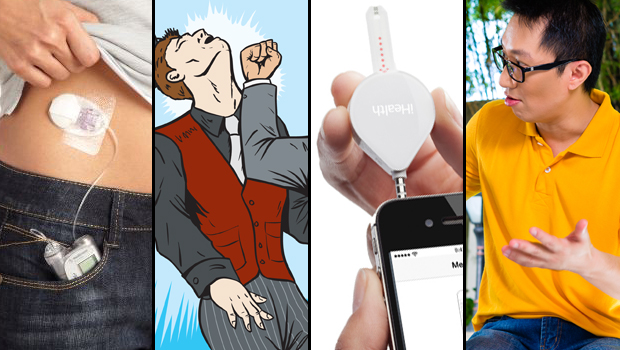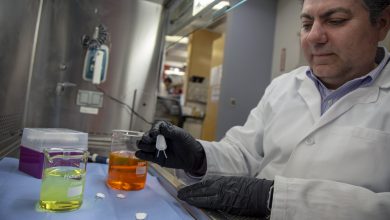New Biotechnology Promises to “Cure” Type 1 Diabetes Within 5 Years
Creators of “biological pancreas” confident type 1 diabetes will feel nearly non-existent compared to current CGM/Pump technology

A team of medical researchers and several Nobel Prize winners from Betalin Therapeutics in Jerusalem has created a “bio-artificial pancreas” made from — wait for it — pig lung tissue and beta-cells.
How it works
The “biological pancreas” is implanted into the patient just under the skin during a relatively simple outpatient procedure using anesthesia.
The device is then connected to the patient’s blood vessels so it has direct awareness of the body’s fluctuating blood sugar levels, and then it responds by secreting the appropriate amount of insulin to keep blood sugar levels in a non-diabetic range.
Compared to other “artificial pancreas” technologies in progress today, Betalin’s design has several advantages, the first being that the patient does not have to take immunosuppressant drugs to prevent the immune system from attacking the valuable insulin-producing cells.
The “microstructure” around Betalin’s technology should protect the cells and keep them functional for a much longer time, explained Dr. Avi Treves, founder and former CEO of Hadasit Ltd. and Gamida-Cell Ltd., heads the company’s research and development.
When would this be available
“This is a new way to treat diabetes,” said CEO Dr. Nikolai Kunicher. “Today, you only have ways to manage the disease. This is a cure. The diabetic pancreas has lost the function of secreting insulin and we give it back. The patient should never have to inject insulin into his body again.”
Although promising availability within 5 years is a bit misleading considering they have yet to begin human trials. Demonstrating efficacy and safety in humans with type 1 diabetes can take more than a decade in order to get FDA-approval.
So far, it has successfully managed blood sugar levels in animals with type 1 diabetes.
Betalin also needs to raise more money — approximately $5 million dollars — before human trials begin.
The expected cost for a Betalin biological pancreas is $50,000 which is hardly an affordable cure for the general population of those with type 1 diabetes. But one could hope the price would fall quickly if they do make it past FDA-approval and into the medical technology market.
“Companies in the US are working on this with many more people and huge budgets,” Treves told the Post. “We are a small company with a small budget, but we have excellent people who know how to do the work. The basic tech is ingenious. It will work.”
It’s hopeful to hear this confidence, but as patients with type 1 diabetes, we should be realistic about when this might be available. The process of FDA-approval is time-intensive.
At the same time, if you look at the diabetes technology we have today compared to 1990, so much has changed. It isn’t wildly unreasonable to say that in another 20 or 30 years, living with type 1 diabetes may be far less challenging and demanding on a daily, hourly, minute-by-minute basis.







